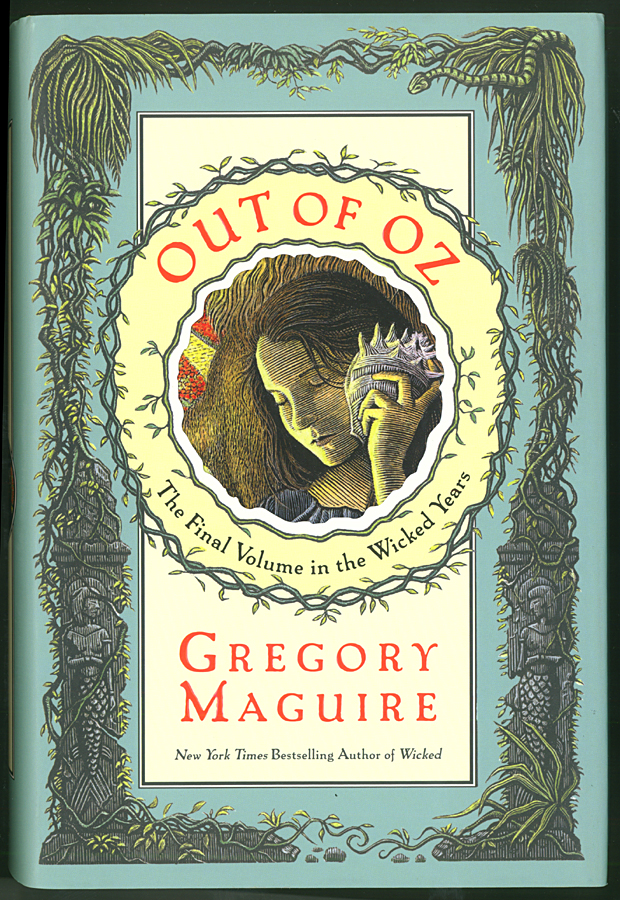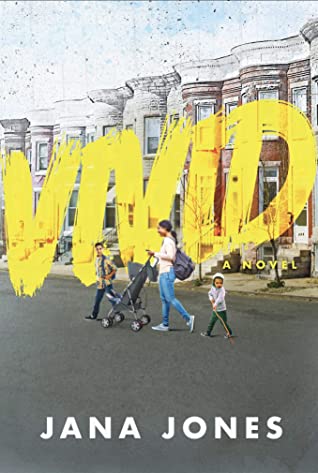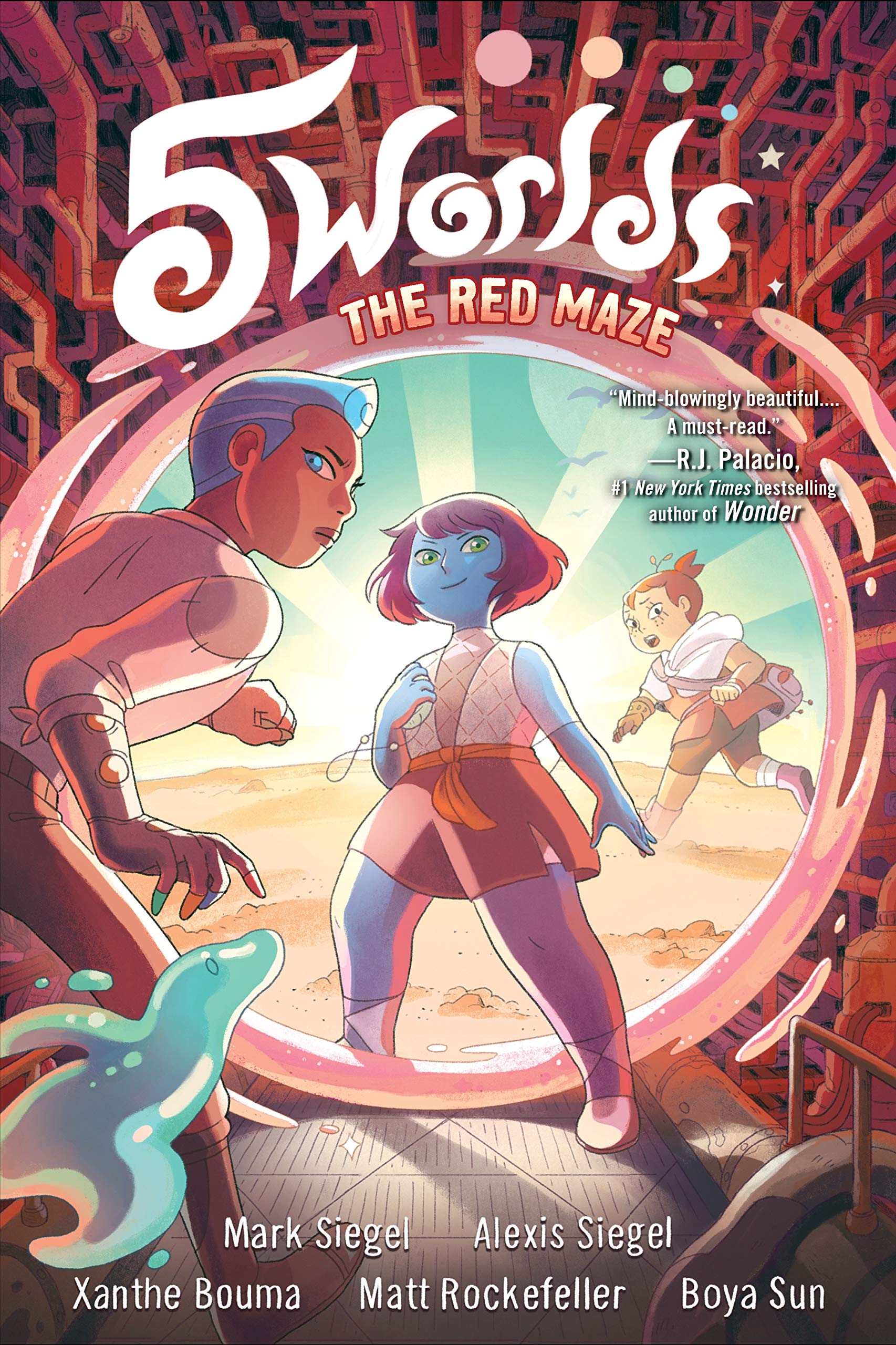The final volume of The Wicked Years concludes a quartet of books set in the Oz universe created by children’s author L. Frank Baum. Maguire, whose first book in this series inspired a popular stage musical, only thanks Baum in passing in an afterword, not to say an afterthought, following the acknowledgments at the end of this book. If it does not seem to me a very gracious expression of indebtedness to the creator of Oz, particularly after forcing his world of lighthearted nonsense to carry the burden of a very dark and very adult fantasy, it at least isn’t as ungracious as Frank Beddor’s reimagining of Wonderland, which casts Lewis Carroll as a mild pervert who got the story wrong. But I sense that both series come from approximately the same place: a feeling of grievance against the inherent falsehood of storytelling as traditionally practiced, combined with an ironic realization that the point is best made by building on its tropes. In another irony, both authors seem to find inspiration for their most original creations in the work of previous authors. This suggests their grievance may be misplaced, and a little more gratitude may be in order.
I suppose, though, one might also read gratitude toward Baum between the lines of this quartet. What Maguire has done here could be regarded as an homage, honoring the world Baum created by making it deeper, bigger, more complex and true to life. It’s all a matter of how you read his tales. One tale may be the way he portrays Dorothy as an irritating misfit. Dorothy returns in this book, six years later in Kansas time and 18 years later in Oz time, a little sadder but not much wiser, and finds herself on trial for her life for the murder of the Wicked Witch of the East. Separatist Munchkinland is at war with the rest of Oz, and both sides are having a rough time of it, and nothing boosts morale at a time of national crisis like a nice, juicy show trial.
The war ultimately hinges on the shoulder joints of dragons, which in turn hinge on the binding of a book of magic called the Grimmerie, which both sides want in order to get the upper, er, wing. Committed to keeping the book out of the wrong hands (namely, whichever side of the war would use it against the other) is a mismatched group of outsiders: the Cowardly Lion and his human wife, Elphaba’s grown-up son Liir and his wife Candle, the dwarf who curates the prophetic Clock of the Time Dragon, and a runaway from a religious community who remembers the first time Dorothy arrived in Oz. They are joined by a silent, strange girl named Rain and later by a boy named Tip whose true identity you should already know if you’ve read Baum’s Oz books. I won’t spoil the revelation here, except to note that it’s even more awkward and painful than what Baum fans may recall.
Glinda is in this book, too, in a segment that dramatizes the grimness of military occupation, and so are many other characters from earlier in the series. Maguire seems to have taken great pains to find all the loose ends from the first three books and tie them all up, to the extent his philosophy of story allows. In his acknowledgements he mentions someone who helped him index the first three books, which sounds like a bright idea for the author of a complex, multi-volume epic. Other familiar touches will include his riffs on Oz catchphrases such as “There’s no place like home” and his love-knows-no-gender brand of explicit sexuality that earns an emphatic Adult Content Advisory.
In spite of himself, however, Maguire tells what turns out to be his most satisfying story in the series. His commitment to blowing up the reader’s expectation of a tidy ending somehow doesn’t prevent him from crafting a tale in which a raft of moving pieces come together in a well-timed climax and a convincing solution to the magical problems that afflict a magical world. And though he doesn’t tell us that anyone lives happily ever after, the chance that they may find happiness somehow, sometime, remains. And that, in Maguire’s storytelling space as well as the real world, is about as much as we can really hope for.
Gregory Maguire’s website
Recommended Ages: 14+




